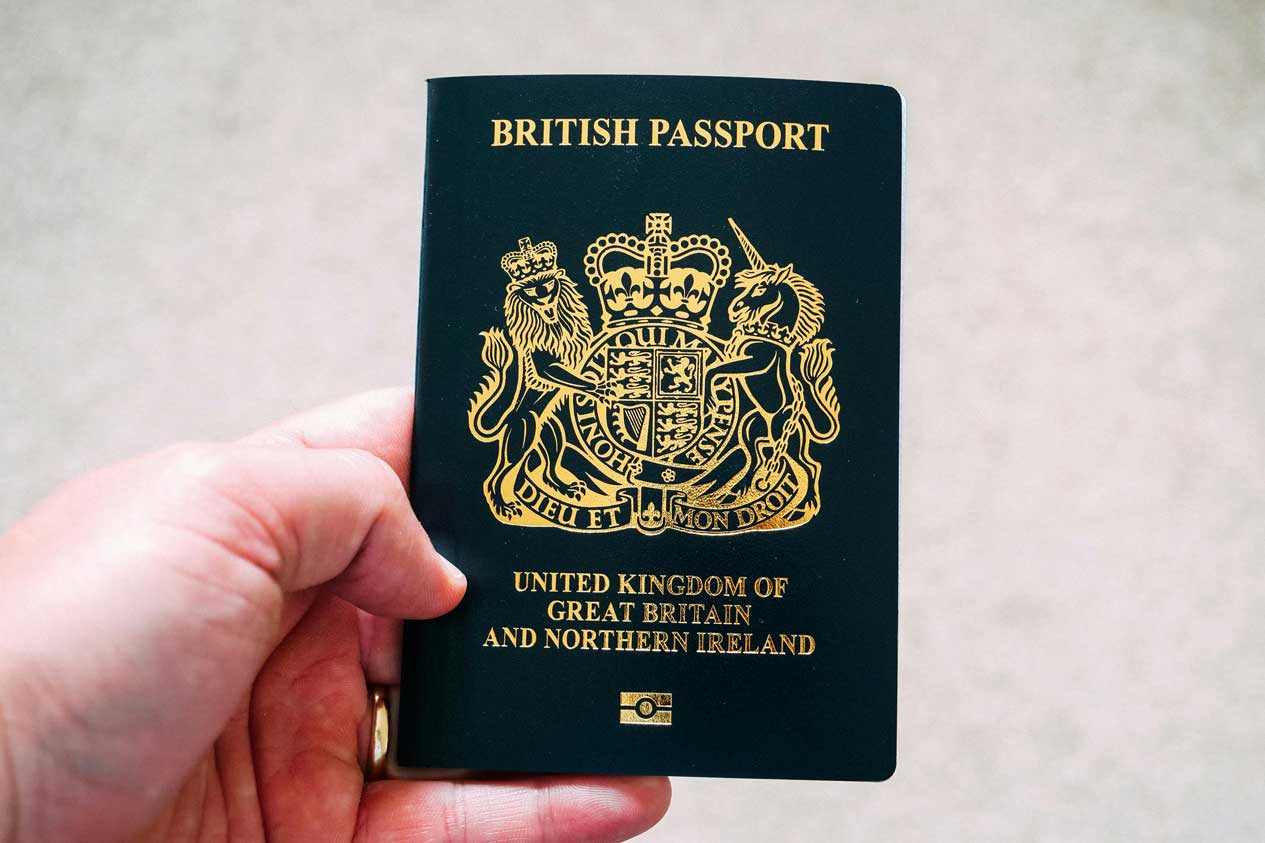UK New ILR and British Citizenship Proposals: Births are declining, society is aging, but the British population is growing and it’s growing a lot. And there’s only one reason for that. Immigration. The UK is on course to have the highest migration rate in Europe. From 2022 to 2032, the population is going to go up from 67.6 million to 72.5 million, according to projections.
The UK’s population has been getting bigger. A big reason for this is that many people are coming to live here from other places. These new arrivals come for different reasons. Some come to work, others to study and some to join family members already here. This growth is happening in different parts of the UK, especially in big cities like London, Birmingham and Manchester, with more people living here. There’s more demand for things like schools, hospitals and houses. This brings both opportunities and challenges that need careful planning. And hence today I’m diving into the latest developments in the UK immigration policy, spearheaded by none other than conservative leader Kemi Badenoch, who wants to make drastic changes for ILR and citizenship rules.
UK New ILR and British Citizenship Proposals
Breaking down the proposed changes by conservative leader Kemi Badenoch to cut down net migration and what they mean for the future of immigration in the UK, which is going to be very difficult. But remember, these are just proposals being made. So, under the new proposals made by her, several. Changes are on the table.
https://londonmail.uk/2025/02/11/uk-migrant-deportation/
Proposal No 1:
Extended residency requirements migrants would need to reside in the UK for ten years before they can apply for indefinite leave to remain, which is doubling the current requirement of five years.
Proposal No 2:
Pathway to citizenship. After obtaining indefinite leave to remain, individuals would have to wait additional five years before applying for British citizenship again extending their total time frame to 15 years.
Proposal No 3:
Economic contribution criteria. Applicants must demonstrate they are net contributors to the UK economy, ensuring that only those who positively impact the nation’s finances can settle permanently
Proposal No 4:
Benefit and social housing restrictions. Migrants on work visas who have claimed benefits or use social housing would be barred from settling indefinite in the UK.
Proposal No 5:
Criminal record provisions individuals with criminal records would be excluded from applying for indefinite leave to remain.
Proposal No 6:
Strict numerical cap a binding legal cap on the number of people allowed to migrate to the UK would be Would be established through the specific numbers has yet to be determined.
Proposal No 7:
Review of legal framework. A comprehensive review of policies, treaties and legal frameworks, including the European Convention on Human Rights and Human Rights Act, is proposed to ensure they align with the new immigration objectives.
Proposal No 8:
Zero tolerance for foreign criminals. A zero-tolerance policy would be enforced for foreign criminals remaining in the UK, emphasising the importance of security and lawfulness.
Proposal No 9:
Deterrent for illegal migration. The introduction of an effective deterrent for illegal migration is planned, potentially involving offshore processing or similar measures.
Proposal No 10:
Re-evaluation of migration. Access to welfare A thorough examination of migrant’s access to welfare and public services is proposed.
Aiming to prioritise resources for British citizens now. These proposals mark a significant shift in the UK’s approach to immigration, emphasise economic contribution, extended residency periods and stricter eligibility criteria for permanent settlement and citizenship.
How have people started reacting to reacting to such proposal?
Well, the proposed changes have elicited a range of responses. Supporters argue that these measures will ensure that only those who contribute positively to the UK economy can settle permanently, thereby protecting public resources and services. So, they are happy people. Critics express concerns about the feasibility and fairness of defining net contribution and the potential impact on sectors reliant on migrant labour, such as healthcare.
Before concluding, we just want to remind you again that these are just proposals which are still under discussion and would require legislative approval to be enacted. Of course, we’ll continue to monitor this news and provide update as more information becomes available.
However, let me know your thoughts on this proposed immigration policies in the comments below, and also let me know your immigration status in the UK. Like are you on skill visa, applying for ILR or British passport holder or even on student visa or graduate visa? And let’s see what happens in the future. Thanks


